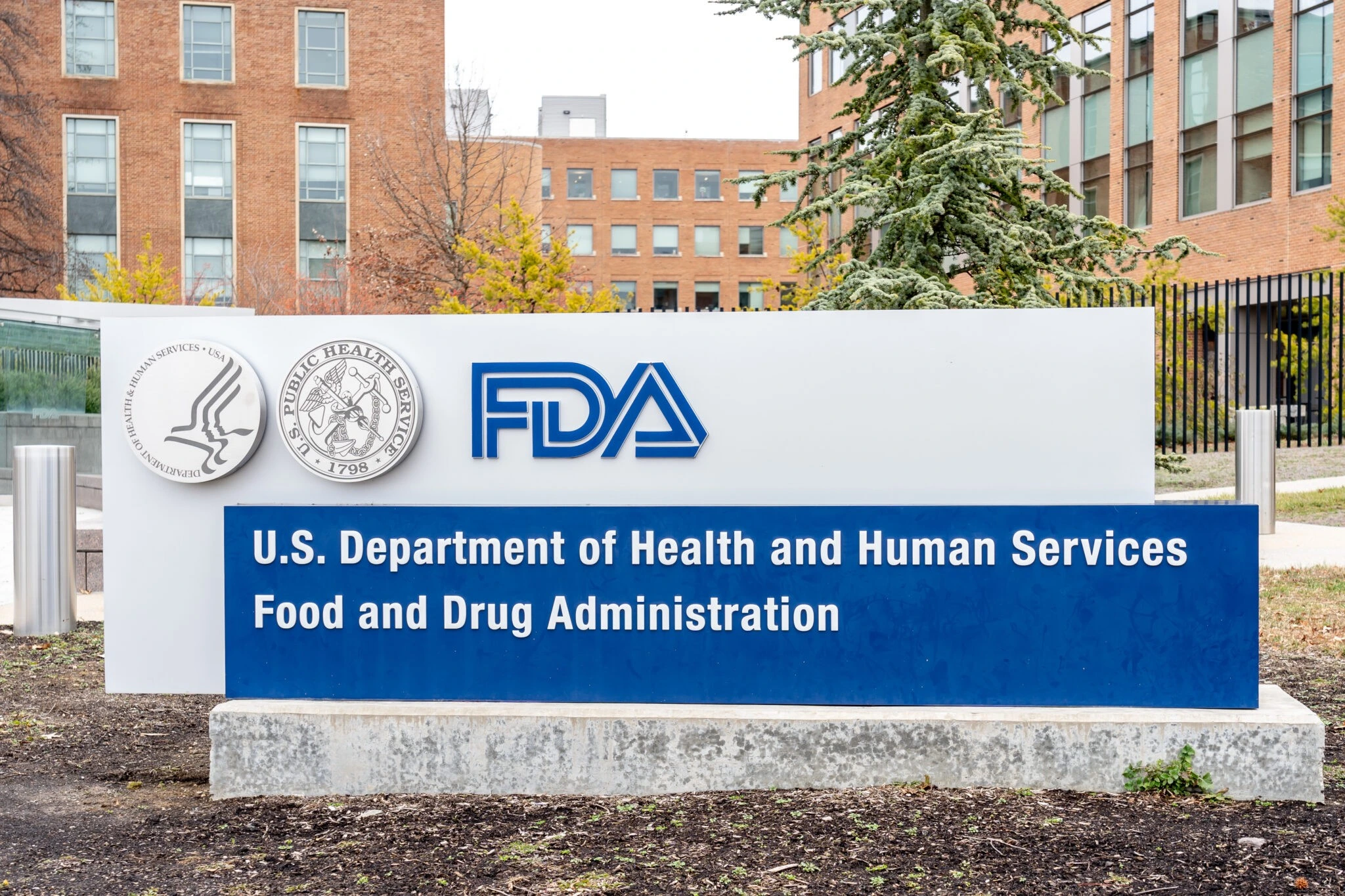
USA – The U.S. Food and Drug Administration (FDA) has issued its inaugural guidance on the application of artificial intelligence (AI) in pharmaceutical development, emphasizing the importance of establishing the ‘context of use’ (COU) for AI models.
This guidance aims to ensure that AI tools are appropriately validated and credible for their intended purposes in drug development.
The COU framework defines how an AI model will be utilized to address specific questions within the drug development process.
The FDA’s guidance outlines a risk-based approach for sponsors to assess and demonstrate the credibility of AI models for their designated COUs.
This involves rigorous validation processes to confirm that the AI tools perform reliably and accurately in their specified roles.
According to the FDA, the use of AI in drug development has grown rapidly since 2016 and is now being utilized in diverse ways, including generating data on drug safety, effectiveness, and quality.
Commissioner Robert Califf highlighted AI’s transformative potential, stating that, with proper safeguards, AI can “advance clinical research and accelerate medical product development to improve patient care.”
The guidance introduces a risk-based assessment approach for validating AI models, ensuring their accuracy and reliability for specific applications. Developers are encouraged to rigorously test AI tools to demonstrate their credibility.
Examples of AI uses in drug development include predicting patient outcomes, analyzing large datasets from real-world studies or digital health technologies, and improving understanding of disease progression.
By focusing on COU, the FDA aims to provide a clear pathway for the integration of AI technologies in drug development, ensuring that these tools are both effective and safe.
This approach is expected to facilitate innovation while maintaining the integrity of the drug development process.
The pharmaceutical industry has been increasingly adopting AI to enhance various aspects of drug development, including target identification, drug design, and clinical trial optimization.
The FDA’s guidance is anticipated to play a crucial role in standardizing the evaluation and application of AI models, promoting their effective and safe integration into pharmaceutical research and development.
This initial guidance marks a significant step by the FDA in addressing the evolving role of AI in medicine, providing a framework for stakeholders to develop and implement AI tools that meet regulatory standards and advance drug development.
Guidance for AI-enabled medical devices
In addition to drug development, the FDA has also issued guidance on AI-enabled medical devices.
This new framework focuses on the total product lifecycle (TPLC) approach, which covers all stages of a device’s development, from its design to post-market performance.
Key considerations include user interface design, data management, device performance monitoring, and cybersecurity.
Troy Tazbaz, Director of the Digital Health Center of Excellence at the FDA, revealed that the agency has already authorized over 1,000 AI-enabled devices.
He emphasized the importance of recognizing the unique challenges posed by these technologies, stating, “As we continue to see exciting developments in this field, it’s important to recognize that there are specific considerations unique to AI-enabled devices.”
The FDA’s guidance for medical devices combines insights from previously authorized AI-enabled technologies and offers tailored recommendations for developers.
XRP HEALTHCARE L.L.C | License Number: 2312867.01 | Dubai | © Copyright 2025 | All Rights Reserved